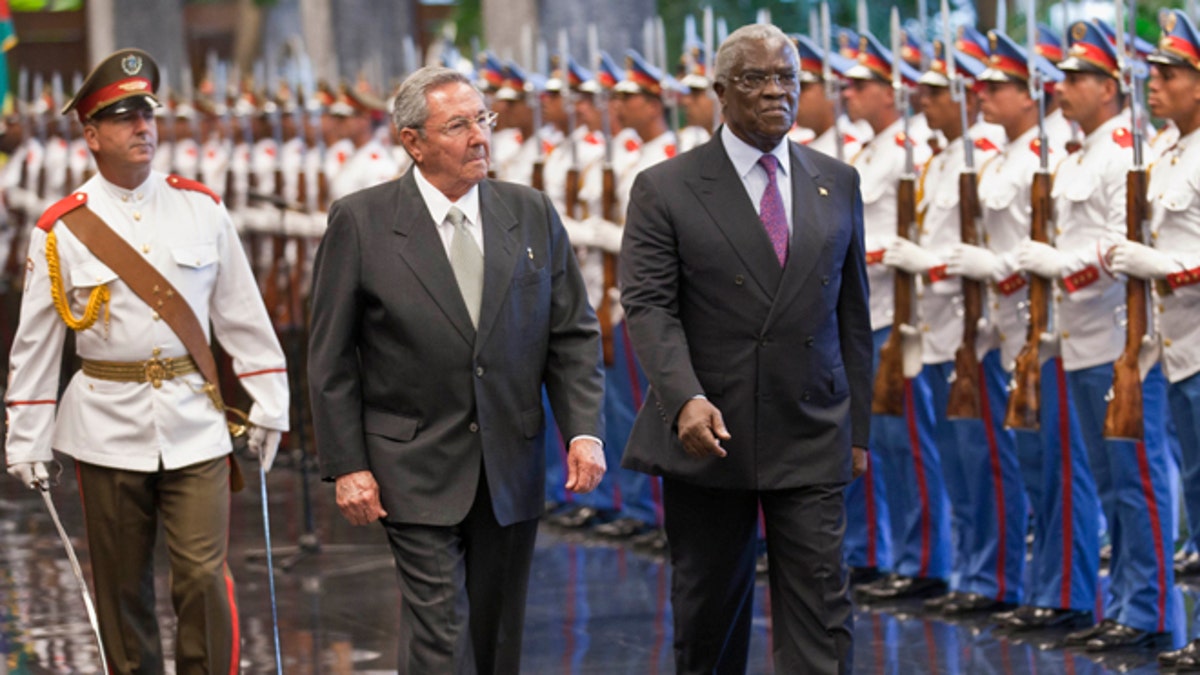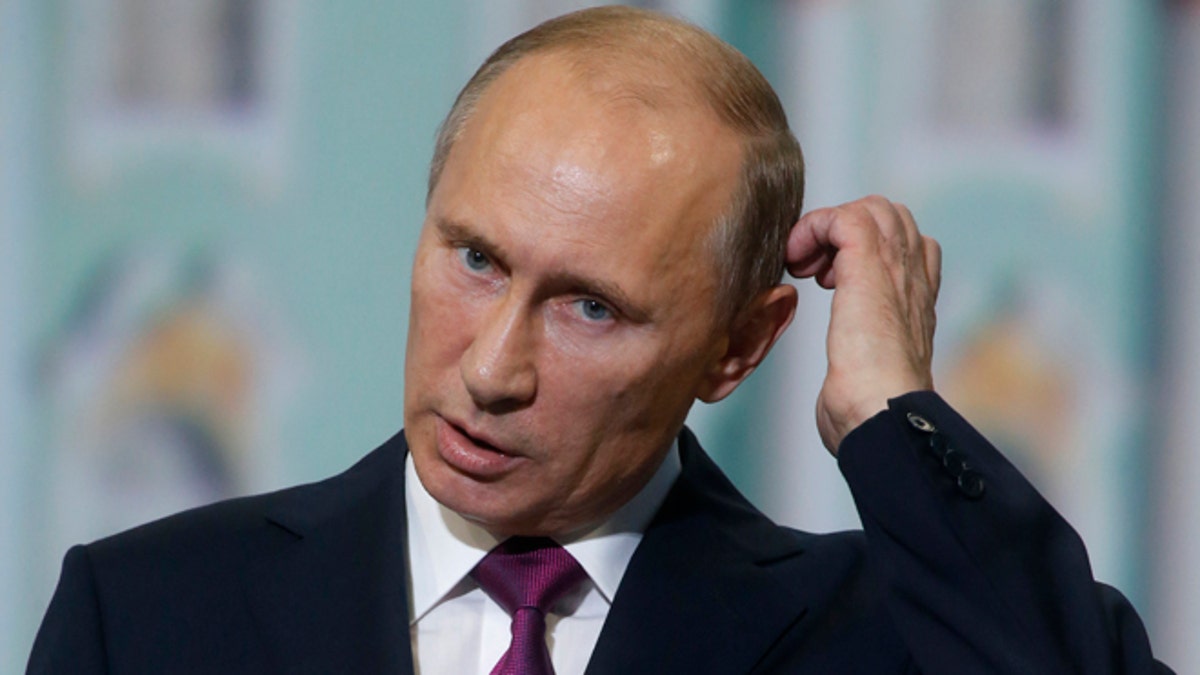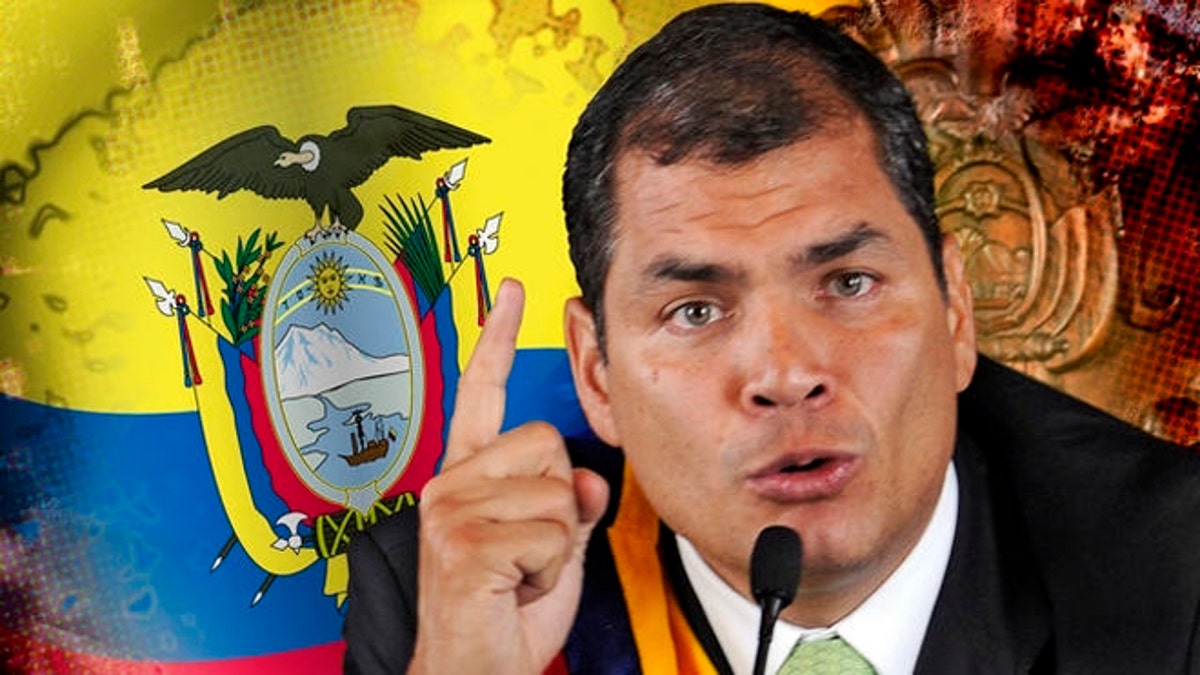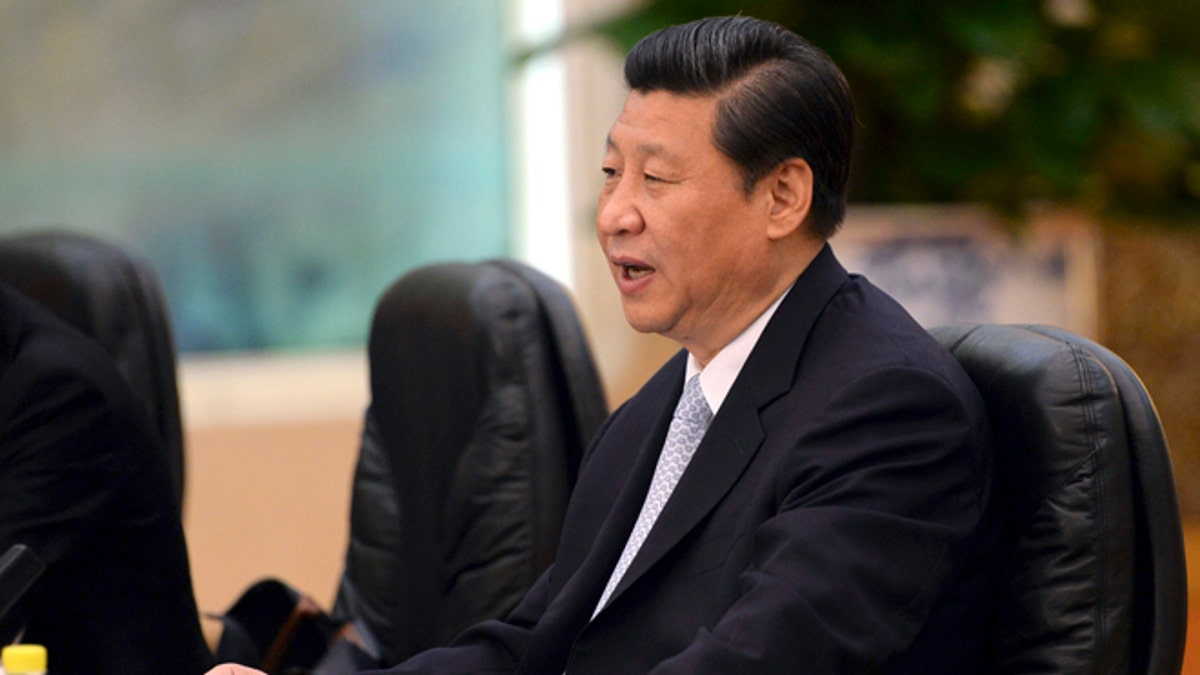While NSA leaker Edward Snowden dodges U.S. authorities in a bid to seek asylum, his defenders are touting him as a crusading whistle-blower who should get refugee status.
But, ironically, the countries he's using -- or trying to use -- to shelter him from U.S. charges have a spotty record at best when it comes to press freedoms and human rights.
Here's a look at the countries that are, or may be, on the Snowden itinerary.
1. Cuba

(AP)
Snowden was originally booked on a flight from Moscow to Havana on Monday morning, though he apparently missed that connection and may still be in Russia.
Cuba is notorious for its treatment of both the media (actually, the country doesn't tolerate a free media at all) and political dissidents.
The Cuban government, now run by Fidel's brother Raul Castro, has near-total control of the media.
As summarized by a recent Freedom House report, "the government considers the independent press to be illegal and uses agents to infiltrate and report on unauthorized outlets."
Private bookstores are banned. The Internet is controlled, and access is limited. Even academic material is restricted by the government.
Cuba's record on political dissidents is similarly shoddy. While recently releasing a group of high-profile dissidents, and forcing many into exile, the Raul Castro government increasingly has used short-term detentions to harass opponents.
The practice skyrocketed in 2012. The Cuban Commission for Human Rights and National Reconciliation documented more than 6,600 short-term detentions last year, marking a 60 percent increase over 2011.
2. Russia

(AP)
White House Press Secretary Jay Carney said Snowden, who flew to Moscow from Hong Kong over the weekend, is believed to still be in Russia.
While the U.S. pressures Moscow to cooperate, Washington has cause to be skeptical.
With Vladimir Putin officially back in charge, the government is back to its old ways.
"In the year since Vladimir Putin's return to the presidency in May 2012, the Russian government has unleashed a crackdown on civil society unprecedented in the country's post-Soviet history," Human Rights Watch said in a recent report.
It points to a series of new laws and the imprisonment of political activists. According to Freedom House, the government charged a range of journalists and whistle-blowers in 2012 with "trumped-up offenses."
Journalists have faced threat of physical violence when covering sensitive subjects in Russia.
And in the run-up to the last election, one group found that more than 25 documentaries praising Putin made their way to air, while protests of the government were largely ignored.
3. Ecuador

Ecuador's President Rafael Correa speaks to the press at the government palace in Quito, Ecuador, late Thursday Sept. 30, 2010. The army rescued Correa from a hospital where he had been trapped by rebellious police for more than 12 hours while he was being treated for tear-gas fired by hundreds of police angry over a law that they claim would cut their benefits. (AP Photo/Patricio Realpe) (AP)
Snowden has applied for asylum in Ecuador, a request the government is still reviewing.
The South American country, though, is among the worst in the region when it comes to press freedom. Freedom House recently ranked it as "not free," citing President Rafael Correa's strict policies and practices.
Correa is blatantly hostile toward the private media, which is still the dominant form of media in the country. As part of that effort, Correa issued a directive to pull government advertising from private media outlets critical of the government.
His government has filed a number of court cases against journalists, including an $80 million libel suit against El Universo employees.
The president has called the private media his "greatest enemy."
4. China

Chinese President Xi Jinping speaks during a meeting with Ethiopian Prime Minister Hailemariam Desalegn in the Great Hall of the People in Beijing on June 14, 2013. Desalegn is in China for a four-day visit. AFP PHOTO/GOH CHAI HIN/POOL Chinese President Xi Jinping speaks during a meeting with Ethiopian Prime Minister Hailemariam Desalegn in the Great Hall of the People in Beijing on June 14, 2013. Desalegn is in China for a four-day visit. AFP PHOTO/GOH CHAI HIN/POOL (AP)
The White House on Monday accused Hong Kong of deliberately letting Snowden fly to Russia, in a move that would hurt U.S.-China relations.
China is well-known for its regime of censorship, a practice still in force despite signs that the government may be reassessing its grip on information.
The government has one of the most sophisticated systems for censoring the Internet. Freedom House detailed how this was applied in varying degrees in recent years.
"Routinely forbidden topics" included calls for autonomy in Tibet, relations with Taiwan, and political dissidents -- including the case of Chen Guangcheng, the blind activist who sought shelter with U.S. officials last year.
Other activists and dissidents have also been persecuted. Among the most well-known is Nobel Peace Prize winner Liu Xiaobo, who is still in prison as part of an 11-year sentence.












































